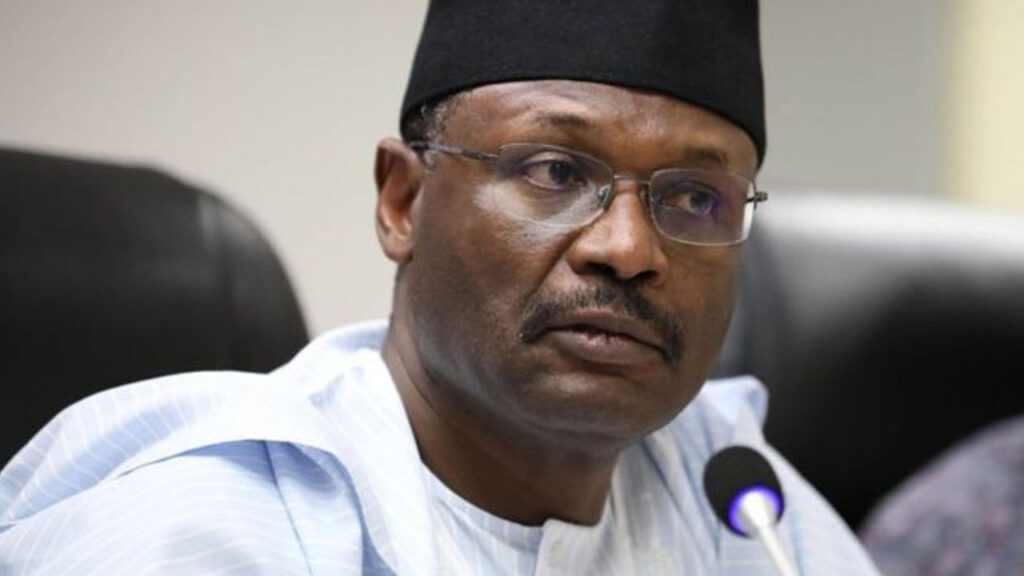
Member states of the Economic Community of West Africa States (ECOWAS) gathered in Abuja to validate a 10-year programme aimed at unifying strategies to boost rice production.
The first annual General Assembly of the ECOWAS Rice Observatory (ERO) which had in attendance 15 member countries in the region is aimed at aligning goals and chatting roadmap to accelerate the growth of a competitive rice sector in West Africa.
The Executive Secretary of ECOWAS Rice Observatory (ERO) Boladale Adebowale mentioned that ERO aims to coordinate activities, approaches, and interventions put in place by member states to develop the rice value chain such that there will be synergy and countries are not duplicating efforts.
She said “At ERO, we not only coordinate interventions but investments as well and influence investments into the right areas along the value chain.
“We also provide input for policy harmonization in the rice sector and also facilitate access to finance This is a unified framework that has brought all the strategies together to ensure we are able to achieve rice self sufficiency from 2025-2035, it’s a 10-year plan and we hope people buy into it for us to be able to implement it efficiently.”
Adebowale pointed out that the demand for rice is increasing daily than the production leaving a huge gap, saying unfortunately the gap is being met by importation as about $3.5billion is spent on importation annually and these resources can go into other sectors of the economy.
She highlighted some of the challenges facing the the value chain to include traditional production methods, low productivity, inadequate access to agro input like fertilizer, good seed varieties, pesticides, the fragmented market systems, uncoordinated approaches in the interventions being done in the country, post harvest loses.
The Director for Agriculture and Rural development ECOWAS Allain Sy Traore pointed out that for over the past 50 years there has been food insecurity in the ECOWAS member state.
He stressed that the two-day conference will focus on discussing the current situation developing the challenges and then validate a road map to push the agenda in support of the member states and also tackle the regional challenges that cannot be resolved by individual country.
A Senior officer from the Bill and Melinda Gates foundation lRaphel Flo however disclosed that development partners have pledged $1.5billion to rice development in West Africa including investment from Wold Bank, Africa Development Bank, Islamic Development bank, FCDO BMGF, JICA among others.
He noted that the demand for rice is increasing rapidly and they are concerned that production is not keeping pace with demand.
Despite all effort, he said there is need addressed the challenges of access to improved seeds, increase irrigation capacity, milling capacity, quality of the rice being produced and changing the perception within the and market that African Rice is better than Asian rice.
The Senior Special Assistant to President on Agribusiness and Productivity enhancement Dr Kingsley Uzoma revealed that Nigeria secured 15billion Yen ($100million) credit faculty from the Japan International Cooperation Agency (JICA) to boost rice production in the country.
He said the funds would be deployed ito support provision of farm inputs to farms for the cultivation of 250,000 hectares of rice farms in Nigeria.













